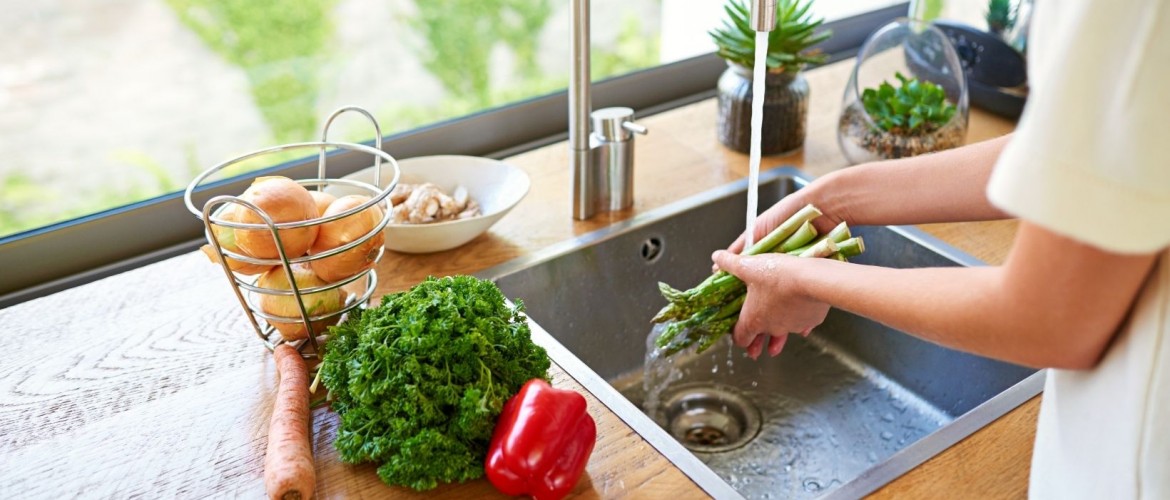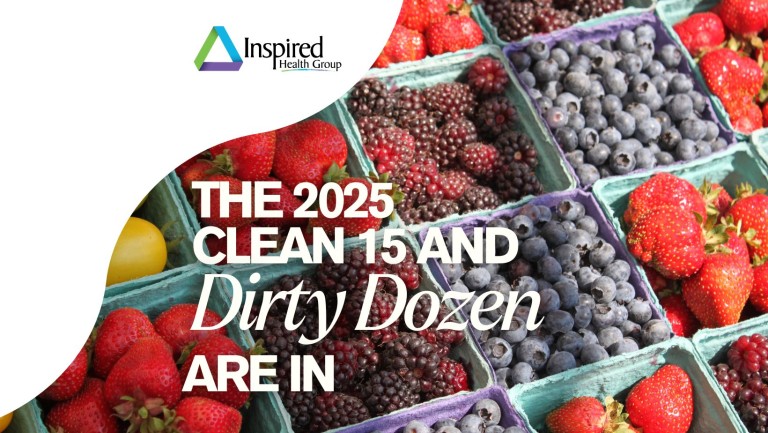Every year, EWG publishes a shopping guide featuring produce with the highest and lowest amounts of pesticide residues. See what made the Dirty Dozen™ and Clean Fifteen™
Print the Dirty Dozen™ and Clean Fifteen™ list with pesticide reduction tips
Pesticides and human health
Pesticides in the foods we eat can have negative impact on our health including cancer, effects on reproduction, immune or nervous systems, asthma, bronchitis, non-Hodgkin's lymphoma, Parkinson's disease, and prostate and lung cancers. When accessible, buying produce that has been grown using "Certified Organic" methods can reduce your exposure to pesticides in your food. However, "Certified Organic" produce is not always available and accessible to all of us.
Navigating our options
Every year, Environmental Working Group (EWG) analyzes the most recent USDA data to generate a new Dirty Dozen™ and Clean Fifteen™ report. These reports show which non-organic produce has the highest and lowest traces of pesticides. If you're trying to reduce your exposure to pesticides in your diet, using these guides can help you navigate produce aisles and your local farmers' markets to decide which produce you will buy conventionally grown, and which you will buy only if you find them grown "Certified Organic."
Learn more about EWG and their methodology in creating their annual reports.
Dirty Dozen™
Of the 47 items included in EWG's analysis, these 12 fruits and vegetables were most contaminated with pesticides:
- Spinach
- Strawberries
- Kale, collard, and mustard greens
- Grapes
- Peaches
- Cherries
- Nectarines
- Pears
- Apples
- Blackberries
- Blueberries
- Potatoes
Clean Fifteen™
These 15 items had the lowest amounts of pesticide residues, according to EWG’s analysis of the most recent USDA data:
- Pineapples
- Sweet Corn, fresh and frozen
- Avocados
- Papaya
- Onions
- Sweet peas, frozen
- Asparagus
- Cabbage
- Watermelon
- Cauliflower
- Bananas
- Mangos
- Carrots
- Mushrooms
- Kiwi
Print and save the 2025 lists
Click here to save and print the Dirty Dozen™ and Clean Fifteen™ list with pesticide reduction tips

